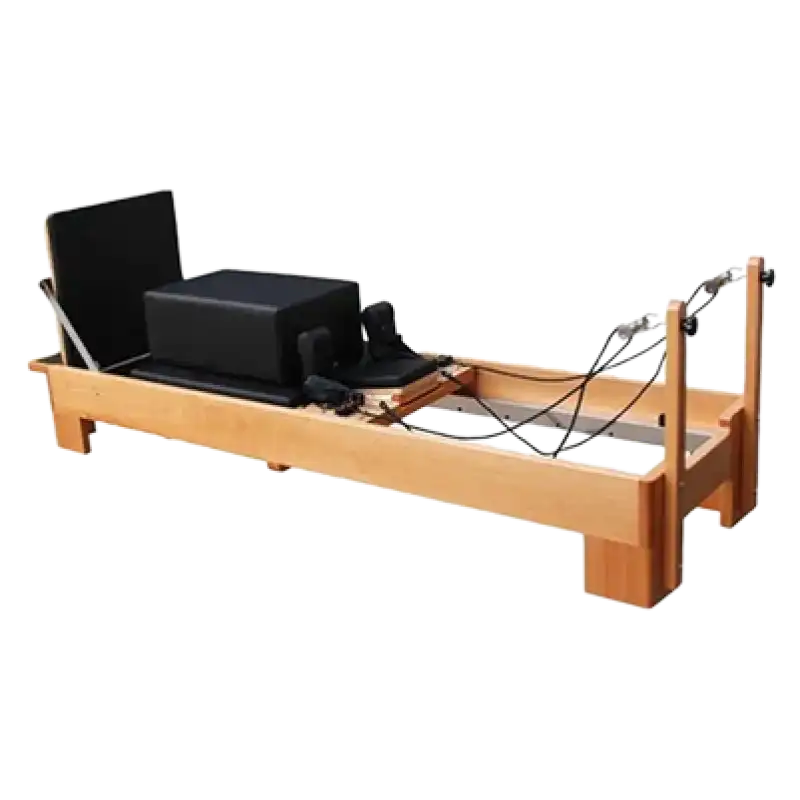Introduction
People with mobility issues must first select the appropriate wheelchair. Lifestyle, finances, and physical ability will help one choose between a manual wheelchair and an electric one. This tutorial will enable you to evaluate both kinds and choose the optimal choice.
Knowing Electric Vs Manual Wheelchair :
What is an Electric Wheelchair?
- An electric wheelchair is a kind of wheelchair that runs on electricity.
- Powered by battery, run on rechargeable energy
- A remote or joystick controls
- Perfect for those with weak upper body strength
What is a Manual Wheelchair?
- Driven by hand or pushed by a helper
- No battery needed, very low upkeep
- Lightweight and collapsable for simple transport
Advantages and Disadvantages of Manual vs. Electric Wheelchairs
Advantages of an Electric Wheelchair
- Needs little physical effort
- Appropriate for great distances
- Gives those with great mobility constraints more independence.
- Features for advanced users include adjustable controls and reclining seats
Disadvantages of an Electric Wheelchair
- Costly in comparison to hand-operated choices
- Less portable and more weighty
- Needs consistent upkeep and charging
Advantages of a Manual Wheelchair
- Easy to carry and lightweight
- Less expensive
- Needs no upkeep or battery
- Perfect for indoor use and short journeys
Disadvantages of a Manual Wheelchair
- Operates with physical strength
- Not as pleasant for long-term use
- May be challenging to negotiate on uneven ground
Who Should Choose Which?
Best for Seniors
A manual wheelchair is a reasonably priced choice if a senior has adequate upper body strength. An electric wheelchair is preferable if they need more independence and mobility issues.
Best for Active Users
A manual wheelchair is perfect if you often travel and require a lightweight, foldable choice. An electric wheelchair provides additional comfort if you must daily cross vast distances.
Best for Medical Conditions
For individuals with arthritis, paralysis, or muscular disorders, an electric wheelchair provides necessary support. If the wheelchair is for short-term recovery, renting a manual wheelchair may be more practical.
Factors to Consider When Choosing a Wheelchair
- Mobility and Strength: If you have limited upper body strength, an electric wheelchair is a better choice.
- Lifestyle and Daily Activities: Manual wheelchairs are best for short trips and frequent transport, while electric ones are ideal for long distances.
- Budget Considerations: Manual wheelchairs range from $100 to $1,000, while electric wheelchairs can cost between $1,500 and $10,000.
- Portability and Storage: Manual wheelchairs are foldable, whereas electric wheelchairs are bulkier.
- Maintenance and Durability: Manual wheelchairs require little maintenance, while electric wheelchairs need battery charging and occasional repairs.
FAQs on Choosing Between an Electric and Manual Wheelchair
- Which type of wheelchair is best for seniors? Seniors with limited strength benefit from electric wheelchairs, while active seniors may prefer manual options.
- Can electric wheelchairs be used indoors? Yes, but space constraints should be considered. Some models are designed for indoor maneuverability.
- Are electric wheelchairs covered by insurance? Some health insurance plans and Medicare may cover the cost of an electric wheelchair if deemed medically necessary.
- How long does an electric wheelchair battery last? Most batteries last 8-12 hours on a full charge, depending on usage and terrain.
- Where can I buy a high-quality wheelchair? Find both manual and electric wheelchairs at Aarogyaabharat.com, medical supply stores, and online platforms.
Conclusion
Choosing between an electric and manual wheelchair depends on mobility needs, budget, and lifestyle. If independence and comfort are priorities, an electric wheelchair is a great choice. However, if portability and affordability matter most, a manual wheelchair is the way to go.
Browse top-quality wheelchairs at Aarogyaa Bharat today!












